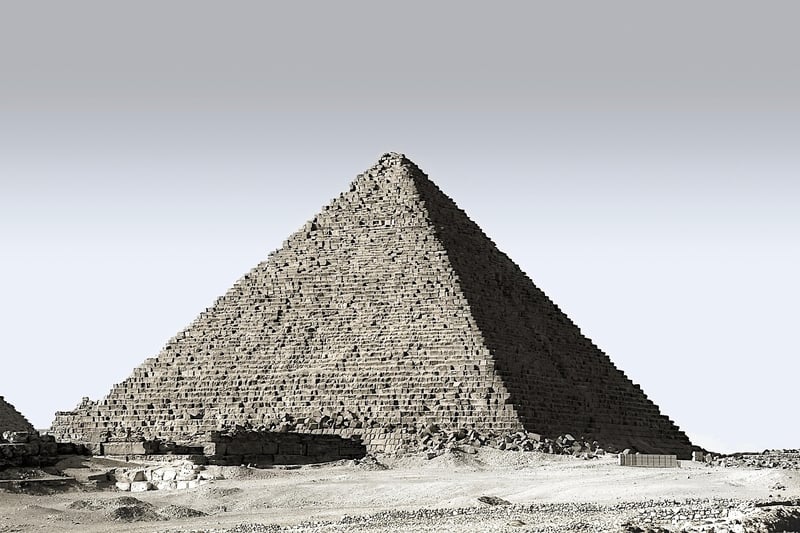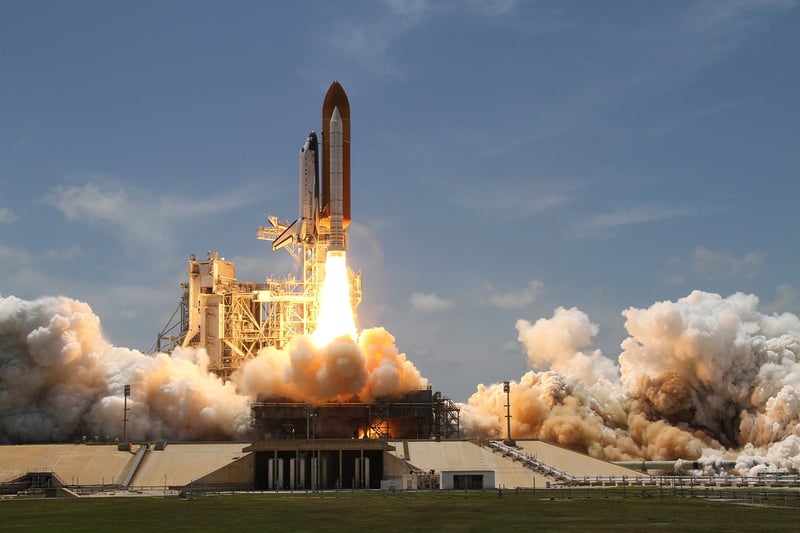Future Exploration
Exploring Different Eras and Future Exploration
Introduction
Human curiosity has always driven exploration, leading to remarkable discoveries and advancements throughout history. From ancient civilizations to modern space missions, each era has offered unique opportunities for exploration and discovery.
Ancient Era
In ancient times, civilizations like the Egyptians, Greeks, and Romans embarked on expeditions to expand their territories, trade routes, and knowledge. These journeys laid the foundation for future exploration and cultural exchange.

Age of Discovery
The Age of Discovery in the 15th and 16th centuries saw explorers like Christopher Columbus, Vasco da Gama, and Ferdinand Magellan navigate the world's oceans in search of new trade routes and lands. This era reshaped global maps and connected distant civilizations.

Space Age
The 20th century marked the dawn of the Space Age, with achievements like the Apollo moon landings, space stations, and robotic missions to other planets. Space exploration continues to push the boundaries of human knowledge and inspire future generations.

Future Exploration
Looking ahead, future exploration holds exciting possibilities with missions to Mars, deep space exploration, and advancements in technology like artificial intelligence and robotics. Humanity's quest for knowledge and discovery propels us towards new frontiers.
Conclusion
Exploring different eras has shaped our understanding of the world and universe. From ancient voyages to space exploration, each era has contributed to our collective knowledge and inspired us to reach for the stars in future exploration.
Let's continue to embrace our curiosity and push the boundaries of exploration for the benefit of all humankind.
